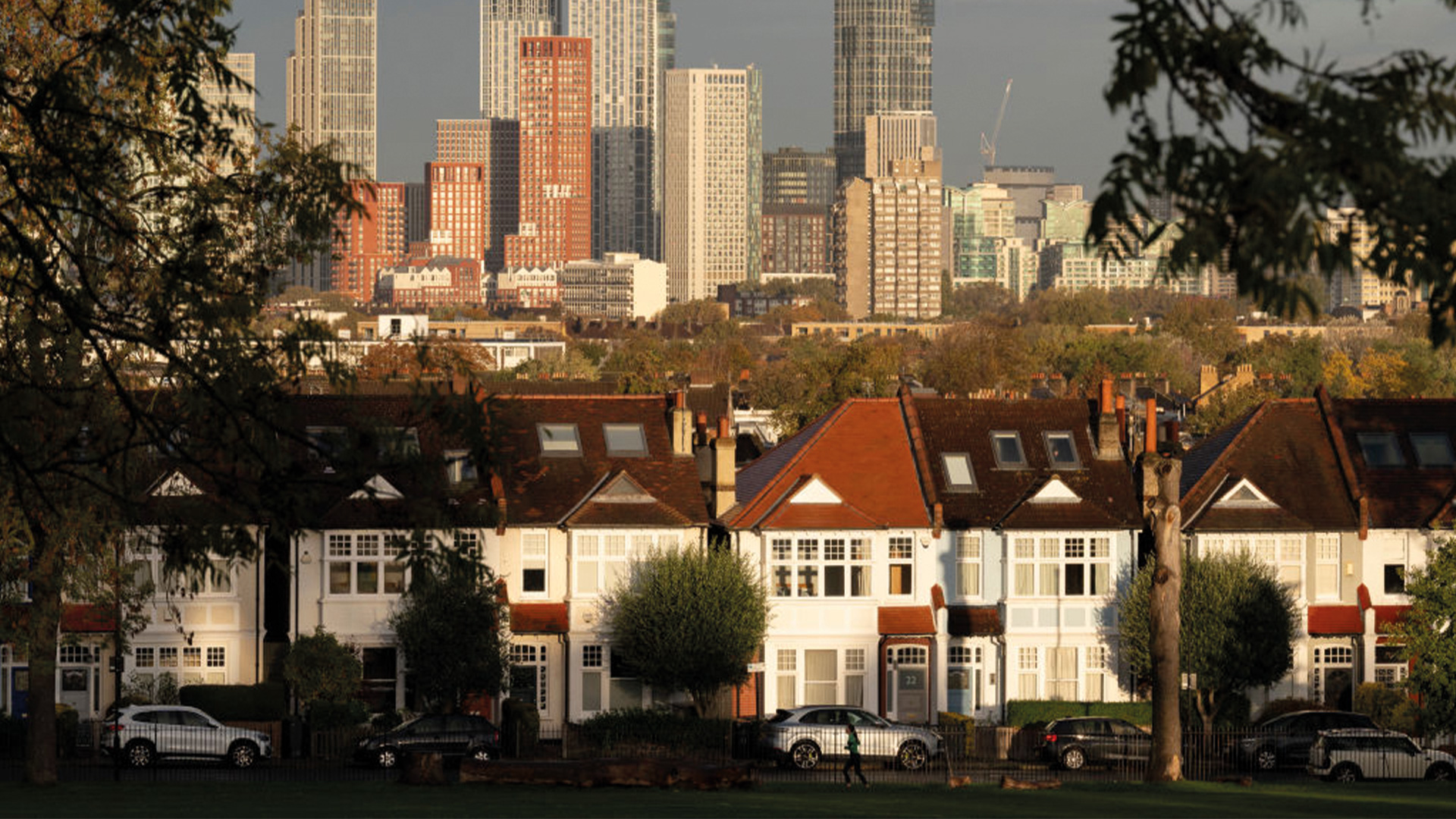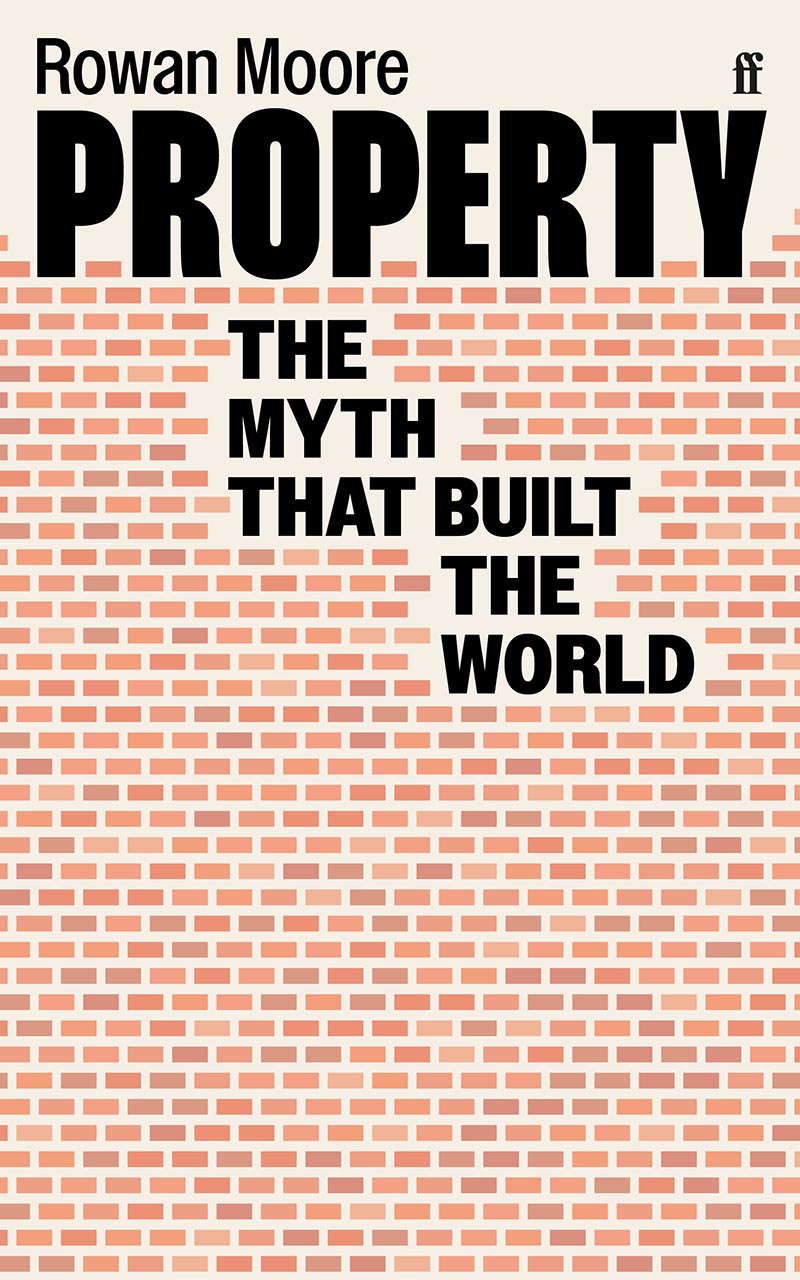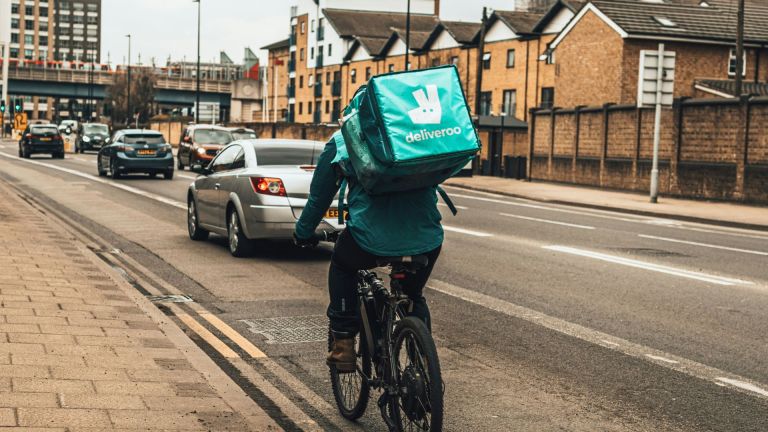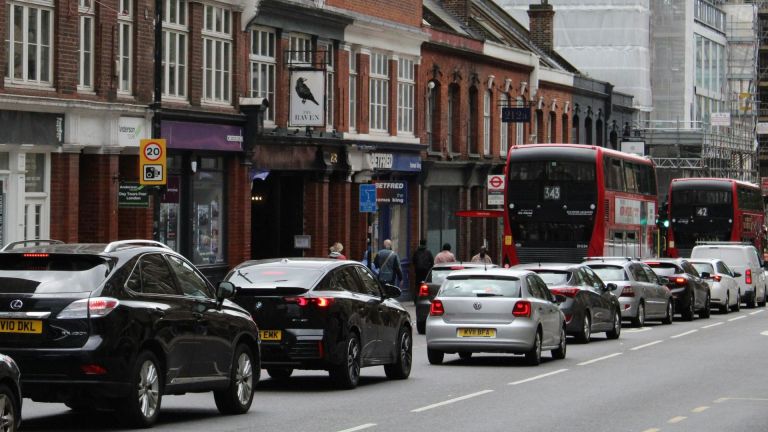For many people, for a while, it worked, and rates of owner-occupation went from 55% to 67%. But, as successive governments followed Thatcher’s lead over the decades, the process went into reverse.
Rates of ownership started falling in the mid-2000s, while affordability diminished. In the ’80s the average house price was three or four times the average annual income – to be more than that was considered a sign of dangerous overheating. By 2021 the ratio was 9.1:1, and more than that in parts of London.
At the same time the sale of council homes, only partly offset by housing associations, reduced the stock of genuinely affordable alternatives to ownership.
Inflation is one cause of these shifts – house prices trebled under Thatcher and again under Blair. Another, relatedly, is the rise of the idea that your home is your primary investment. It is not only a place of shelter and refuge, a repository of your dreams and memories and an expression of your identity, but also your pension pot, a source of wealth that might match what you make from your job, an asset to be leveraged into ever greater profitability.
This notion existed before the 1980s, but it became turbocharged in that decade. Homeowners were highly incentivised, so long as house prices kept rising, to borrow as much as they could so they could own as much as they could. If you could only just get a toehold on the property ladder, you strove to get a firmer grip. If your asset kept expanding, you might feel prosperous and clever and inclined to invest still more, for example by buying a bigger house or a second home. All of which fuelled yet more increases in prices.
None of this happened in a vacuum, but was actively encouraged by public policy. Inflation, seen as an economic evil in relation to every other product, was – when it came to house prices – celebrated and promoted by both government and press.
Advertising helps fund Big Issue’s mission to end poverty
Profit on your own home remains untaxed, which gives it a significant advantage over other investments. In the 1990s favourable tax regimes and lending products started the buy-to-let boom, which enabled the property haves to expand their wealth still further.
Right up to very recent times, it has been governments’ instinct to prop up property prices at all costs, for example with the Help To Buy programme introduced in the aftermath of the 2008 crash, and with Rishi Sunak’s temporary removal of stamp duty during Covid.
In a situation where supply is severely limited – by restrictive planning policies and by the slow build-out rates of private housebuilders – these stimulations to demand inevitably push up prices, which mostly benefits those who already own.
There are at least two ways out of this impasse. One is to change the mentality of economic policy, to one where it is a stated objective to stop house prices increasing, which would require removing current incentives for pushing them up. The other is to build more homes, of every type of tenure and level of affordability, which can only happen with more active state intervention than we now have.
Neither are easy, not least because the majority of households are still owner-occupied, such that most of the electorate stand to gain from rising values. But, as the devastating effects of house-price inflation become more and more plain, there will eventually be no political alternative to ending it.
Rowan Moore is an architecture critic
Advertising helps fund Big Issue’s mission to end poverty
Property: The Myth That Built The World is out now (Faber, £14.99)
This article is taken from The Big Issue magazine, which exists to give homeless, long-term unemployed and marginalised people the opportunity to earn an income. To support our work buy a copy!
If you cannot reach your local vendor, you can still click HERE to subscribe to The Big Issue or give a gift subscription. You can also purchase one-off issues from The Big Issue Shop or The Big Issue app, available now from the App Store or Google Play











